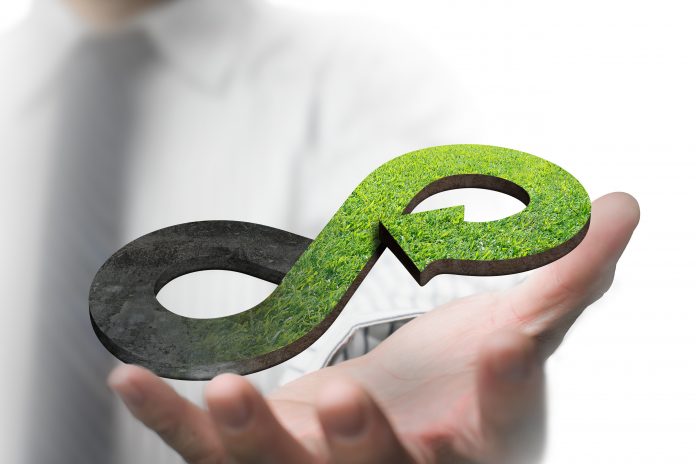New research has found that Australians recognise that buying new, even when marketed as a greener alternative, isn’t necessarily sustainable.
According to InSites Consulting, eco-conscious Aussies take pride in creatively extending the life cycle of things in the best possible way. The trend, coined ‘extending life’, comes from a new report launched by the consumer insight agency.
Data from the report finds that seven-in-10 Australian consumers surveyed have a positive affiliation (based on attitude and/or behaviour) toward this trend. It’s even more prevalent among ‘NextGen’ consumers.
The ‘Consumer Trends Report 2022: Rebound + Rebalance’ identifies 10 consumer trends that are expected to define the attitude and behaviour of consumers around the world in the year ahead. While Australia matches the global average score for the ‘extending life’ trend, it leads the way compared to many of its neighbours in APAC, including Singapore, Thailand, and Taiwan.
Key highlights
The report summarises data from a two-part proprietary study conducted with over 15,000 consumers in 17 markets in November 2021.
Key highlights from the report include:
- The self-optimisation culture is slowing down but cultural expectations to succeed still exist – Aussie consumers want brands to help them overcome this tension and support self-improvement journeys, with eight-in-10 Australian respondents showing a desire to create positive yet realistic rituals.
- Age no longer defines the path we’re expected to take in life – eight-in-10 ‘NextGen’ respondents in Australia want to rip up the life-stage rule book, a score higher on average than their global peers.
- Things which society has always presented to us as ‘normal’ are being questioned – Consumers in Australia are tuning into products and services that represent reality, with almost seven-in-10 respondents positively identifying with this trend.
InSites Consulting Culture & Trends Director Lily Charnock says the Covid-19 pandemic gifted many people with spare time yet failed to deliver the happiness expected from this.
“Global upheaval and changing work-life routines have intensified our complex relationship with time, leading to a collective review of how we spend it,” she says.
“Amidst the ongoing uncertainty, people have prioritised small moments of joy and living for today. Yet, as we enter a new year unsure of what’s to come, we search for stability by setting long-term goals.
“It is this duality – balancing pleasure against purpose – that we all seek to fulfil to achieve happiness in 2022. The trends identified in this report are driven by a collective desire to satisfy this tension.”



